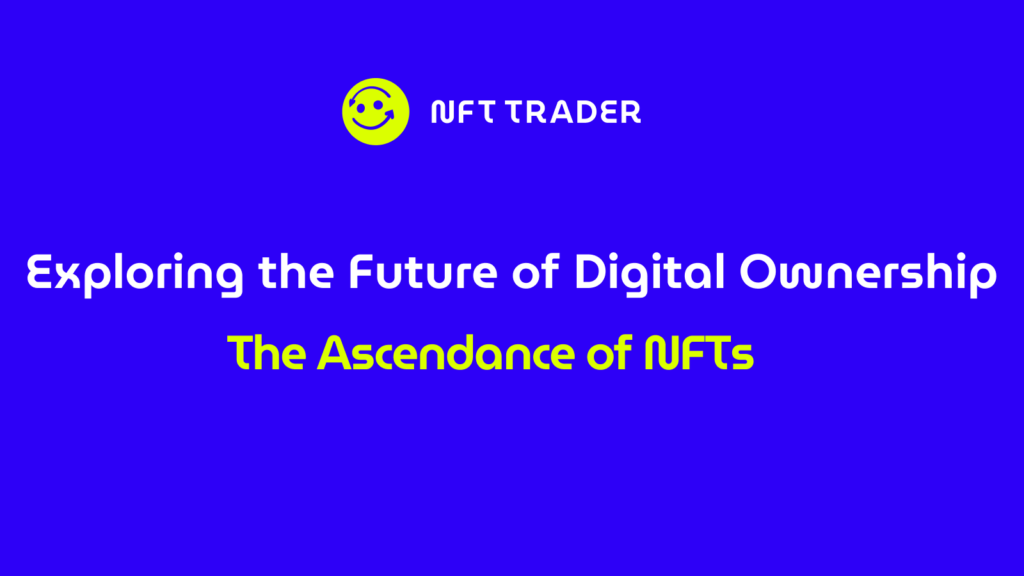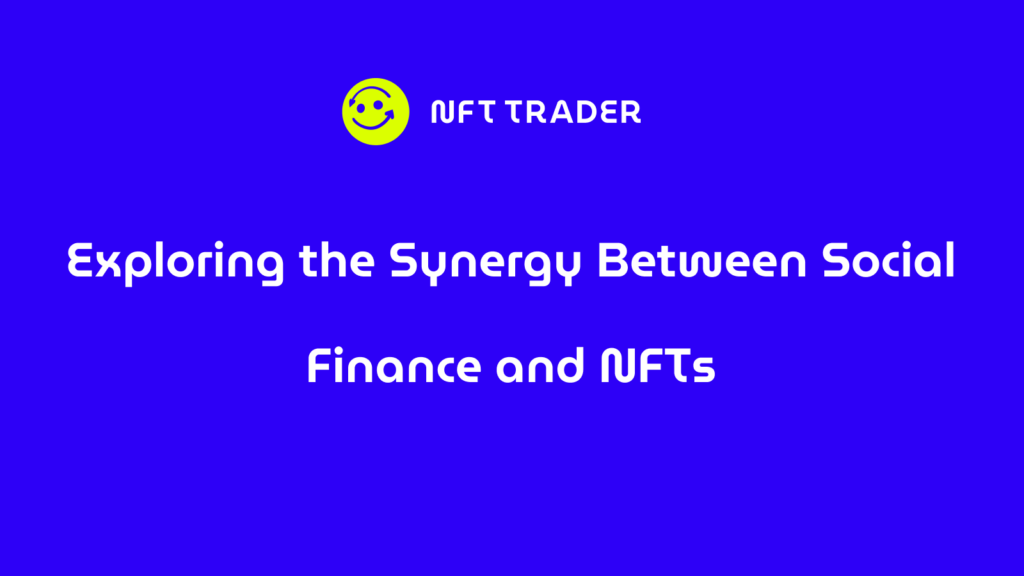Exploring the Future of Digital Ownership: The Ascendance of NFTs

Introduction:
In the age of digitization, the concept of ownership has undergone a profound transformation, particularly in the realm of digital assets. Non-Fungible Tokens (NFTs) have emerged as a groundbreaking technology, promising to redefine how we perceive, acquire, trade, and own digital assets. This comprehensive exploration delves into the future of digital ownership, shedding light on the transformative potential of NFTs across various industries and addressing the challenges and opportunities that lie ahead.
Navigating Digital Ownership: From Understanding to Revolution
Understanding Digital Ownership encompasses the rights and control individuals exert over digital assets, ranging from multimedia content like images, videos, and music to virtual real estate and collectibles in online environments. However, traditional notions of ownership in the digital realm have often been clouded by issues such as copyright infringement, piracy, and the absence of tangible representation, highlighting the need for innovative solutions, such as the emergence of Non-Fungible Tokens (NFTs). NFTs have emerged as a revolutionary solution to the challenges surrounding digital ownership. These cryptographic tokens represent ownership of unique digital items or assets on blockchain networks. Unlike fungible cryptocurrencies such as Bitcoin or Ethereum, each NFT is distinct and cannot be replicated or exchanged on a one-to-one basis. This inherent uniqueness is what confers value and authenticity to NFTs, paving the way for new avenues of ownership and expression in the digital space.
Exploring Applications Across Industries
The rise of NFTs has catalyzed innovation across various industries, unlocking new opportunities for creators, collectors, and consumers alike. In the art world, digital artists are leveraging NFTs to monetize their work directly, bypassing traditional intermediaries and reaching a global audience. Musicians and other creators are releasing exclusive albums, songs, and digital collectibles as NFTs, offering fans unique experiences and ownership rights. Moreover, the gaming industry is witnessing a paradigm shift, with gamers trading in-game items as NFTs, fostering vibrant economies within virtual worlds.
Digital Collectibles and Virtual Assets
One of the most significant applications of NFTs lies in the realm of digital collectibles and virtual assets. Collectors and enthusiasts can buy, sell, and trade digital art, virtual real estate, and other unique items as NFTs, fostering a sense of ownership and authenticity in digital environments. Platforms like Decentraland and Cryptovoxels enable users to purchase virtual land as NFTs, creating decentralized metaverses where individuals can interact, create, and transact in a virtual economy.
Challenges and Opportunities
While NFTs hold immense promise, they also present challenges that must be addressed to realize their full potential. Environmental concerns, particularly regarding the energy consumption associated with blockchain networks, have raised questions about the sustainability of NFTs. Moreover, ensuring proper attribution, rights management, and copyright protection for digital assets remains a pressing issue. Additionally, the rise of speculative bubbles and market volatility in the NFT space underscores the need for regulatory clarity and consumer protection measures.
The Future Landscape
Despite these challenges, the future of digital ownership looks increasingly decentralized, democratized, and innovative, thanks to NFTs. Continued advancements in blockchain technology are likely to drive further innovation in NFT standards, interoperability, and governance mechanisms, making digital ownership more transparent and accessible to everyone. As blockchain ecosystems evolve, NFTs have the potential to disrupt traditional industries and catalyze new economic models built on decentralized ownership, collaboration, and creativity. In conclusion, NFTs represent a paradigm shift in how we perceive, acquire, and manage digital ownership. By harnessing the power of blockchain technology, NFTs offer unprecedented levels of authenticity, scarcity, and control over digital assets, empowering creators and consumers alike. While challenges persist, the transformative potential of NFTs across industries is undeniable. As we navigate this new era of digital ownership, it is imperative to embrace innovation responsibly and strive for inclusivity, sustainability, and ethical practices in the digital economy of the future.


